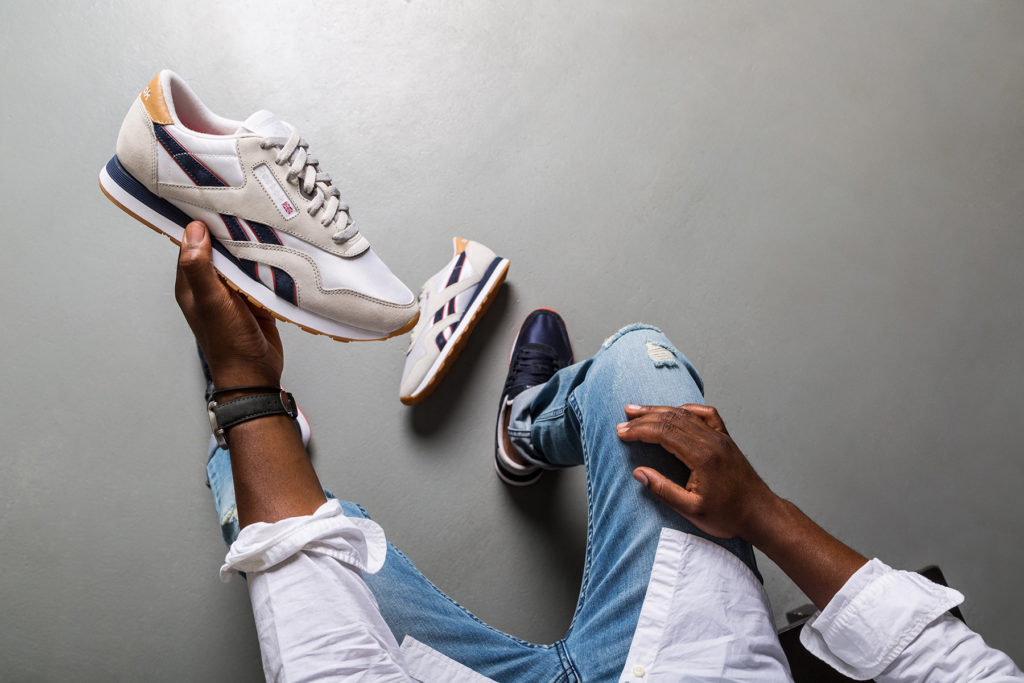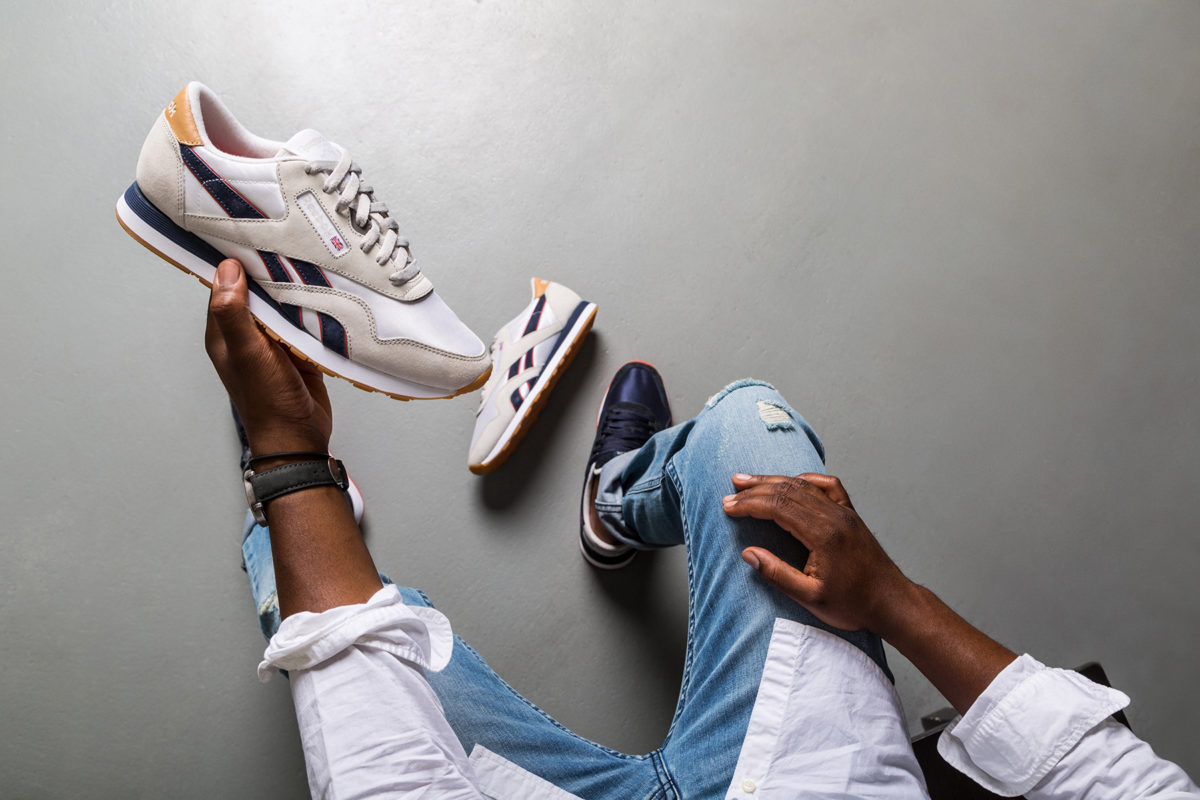REEBOK ANNOUNCES “COTTON + CORN” INITIATIVE FOR SUSTAINABLE FOOTWEAR

 Global fitness brand Reebok has announced its “Cotton + Corn” sustainable products initiative, which will bring plant-based footwear to the market later this year. The first release will be a shoe that has an upper comprised of organic cotton and a base originating from industrial grown corn (a non-food source). No specific date has been set for the release.
Global fitness brand Reebok has announced its “Cotton + Corn” sustainable products initiative, which will bring plant-based footwear to the market later this year. The first release will be a shoe that has an upper comprised of organic cotton and a base originating from industrial grown corn (a non-food source). No specific date has been set for the release.
In order to create these products, Reebok has partnered with DuPont Tate & Lyle Bio Products, a leading manufacturer of high-performance bio-based solutions. DuPont Tate & Lyle has developed Susterra propanediol, a pure, petroleum-free, non-toxic and bio-based product, derived from field corn, that is being used to create the sole of the Cotton + Corn shoes.
“This is really just the first step for us,” said Bill McInnis, Head of Reebok Future. “With Cotton + Corn we’re focused on all three phases of the product lifecycle. First, with product development we’re using materials that grow and can be replenished, rather than the petroleum-based materials commonly used today. Second, when the product hits the market we know our consumers don’t want to sacrifice on how sneakers look and perform.”
As McInnis points out, Reebok is concerned with what happens to their shoes once they’ve outlived their usefulness. “Finally, we care about what happens to the shoes when people are done with them,” he notes. “So we’ve focused on plant-based materials such as corn and cotton at the beginning, and compostability in the end. Our goal is to create a broad selection of bio-based footwear that can be composted after use. We’ll then use that compost as part of the soil to grow the materials for the next range of shoes. We want to take the entire cycle into account; to go from dust to dust.”
Adds Matt O’Toole, president of Reebok: “Our philosophy is to ‘Be More Human,’ and sustainability is a core part of that belief. As human beings, we have a responsibility to leave this planet as we found it for future generations. Unfortunately, the fact is most shoes just end up in landfills, which is something we are trying to change.”


